Emergency? Call us now


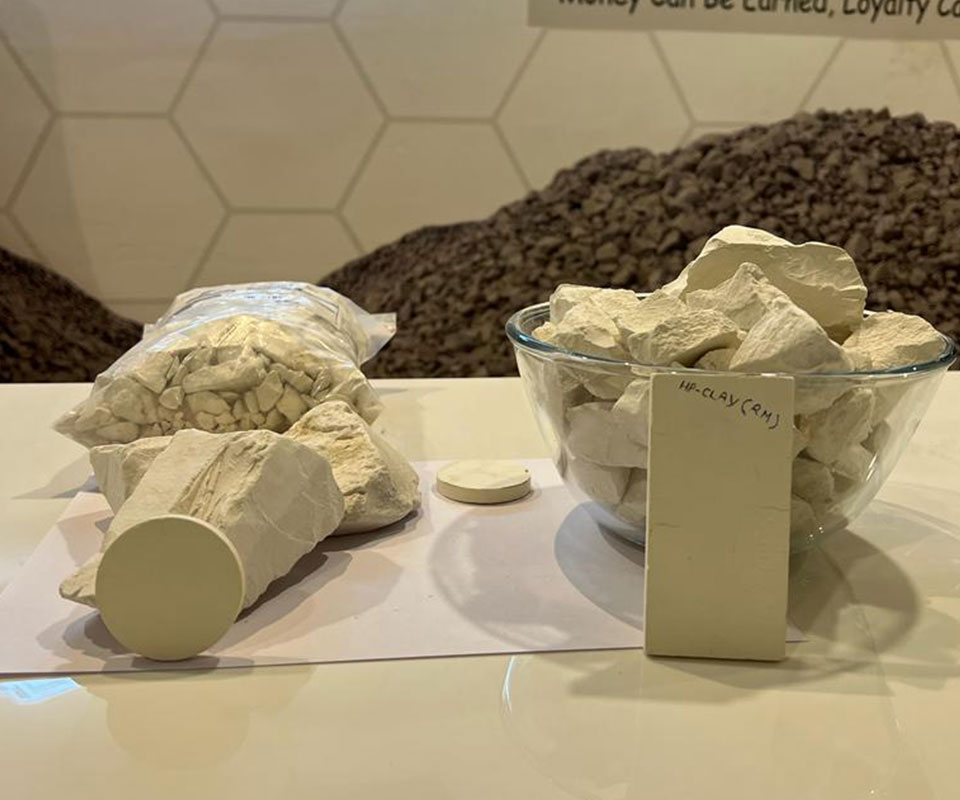
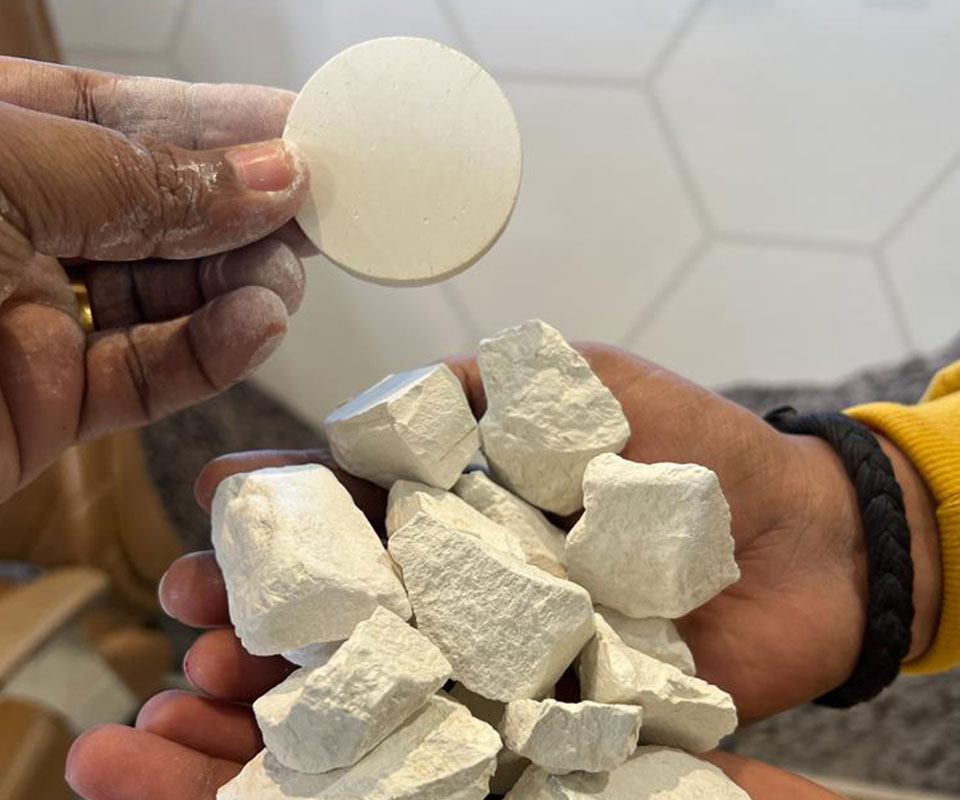
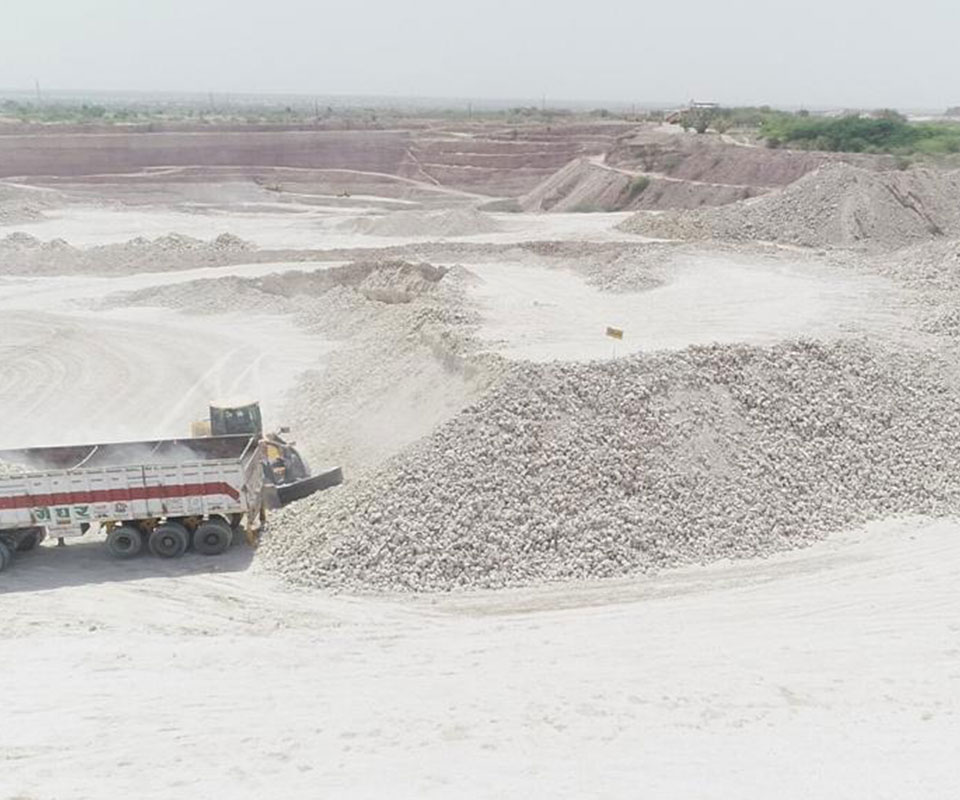
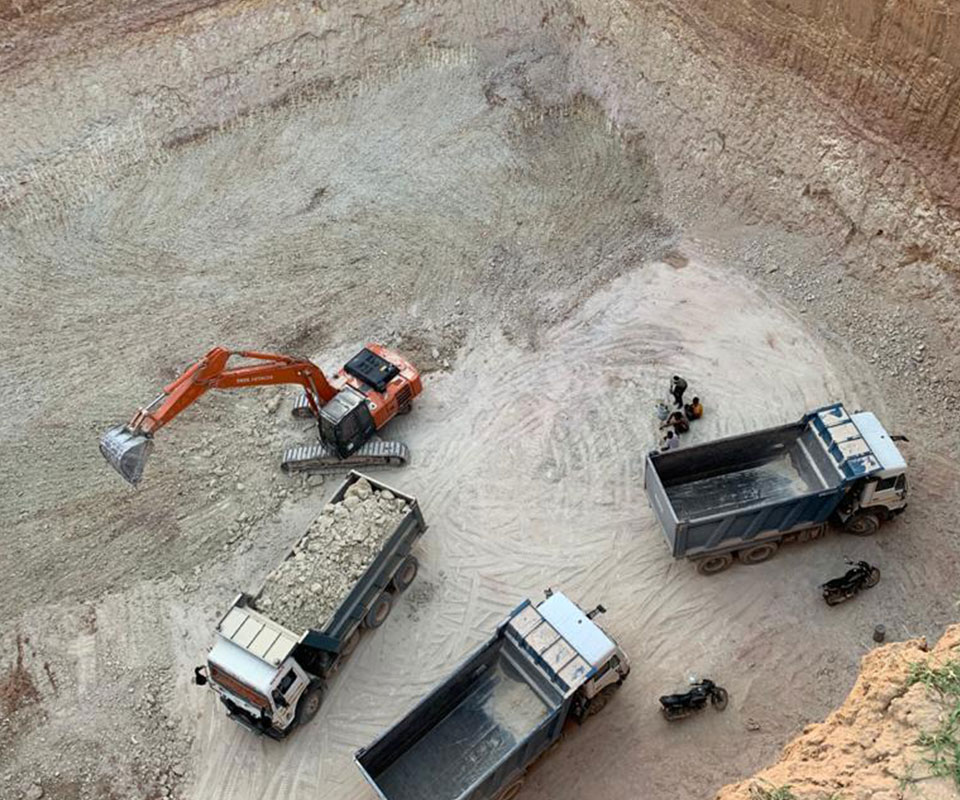
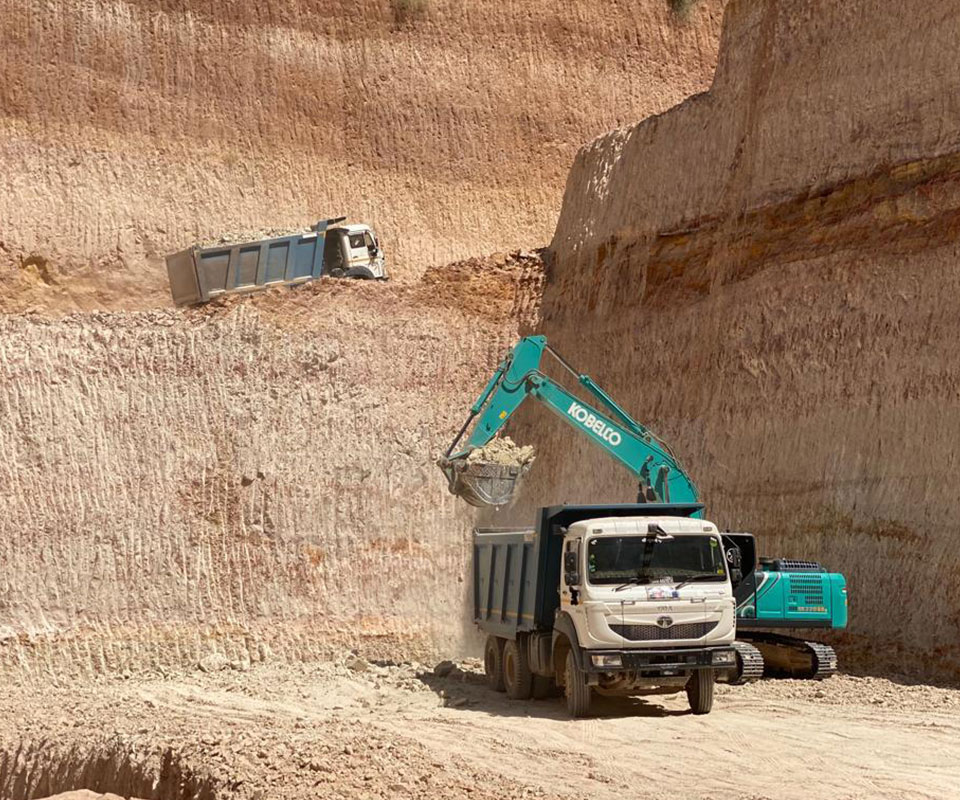
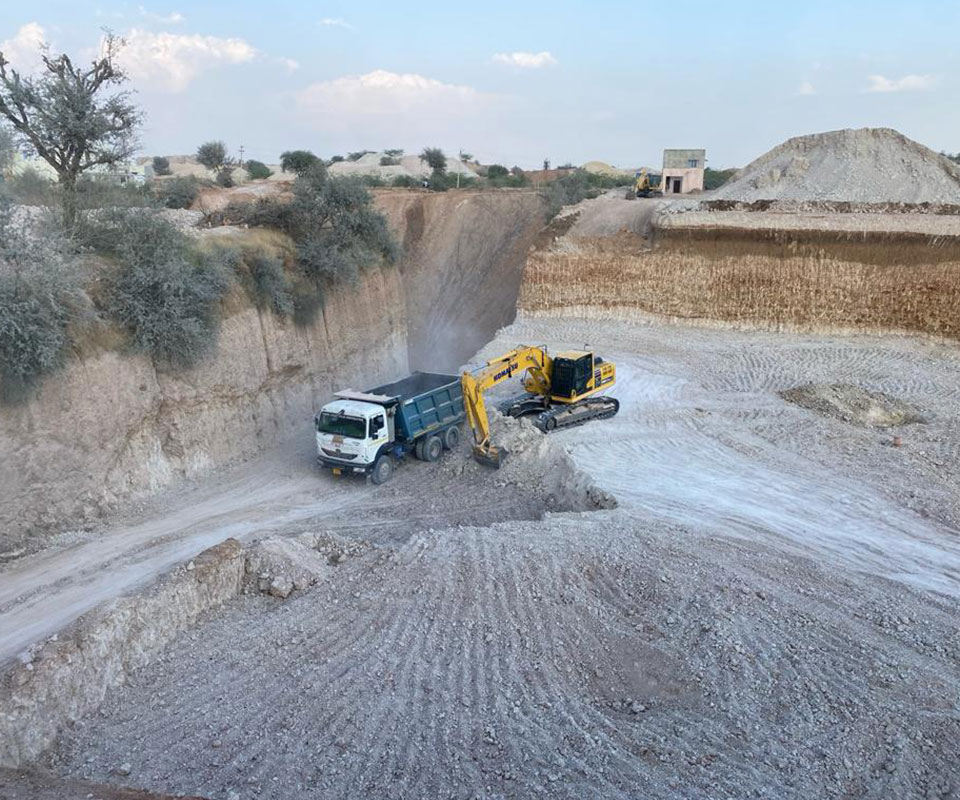
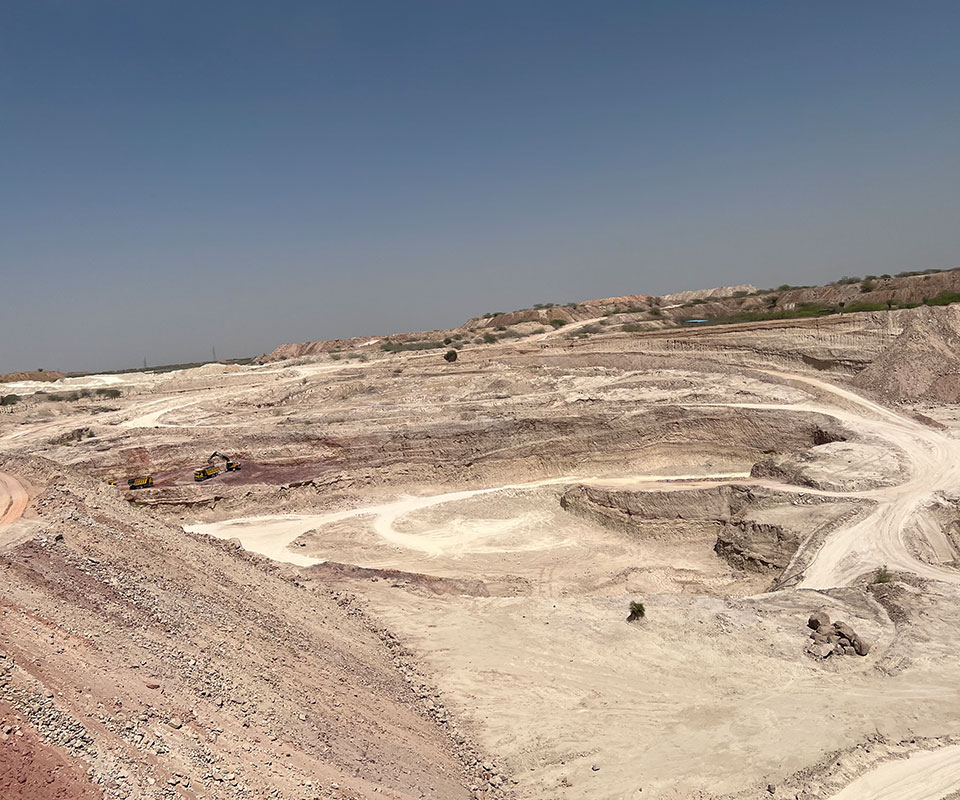
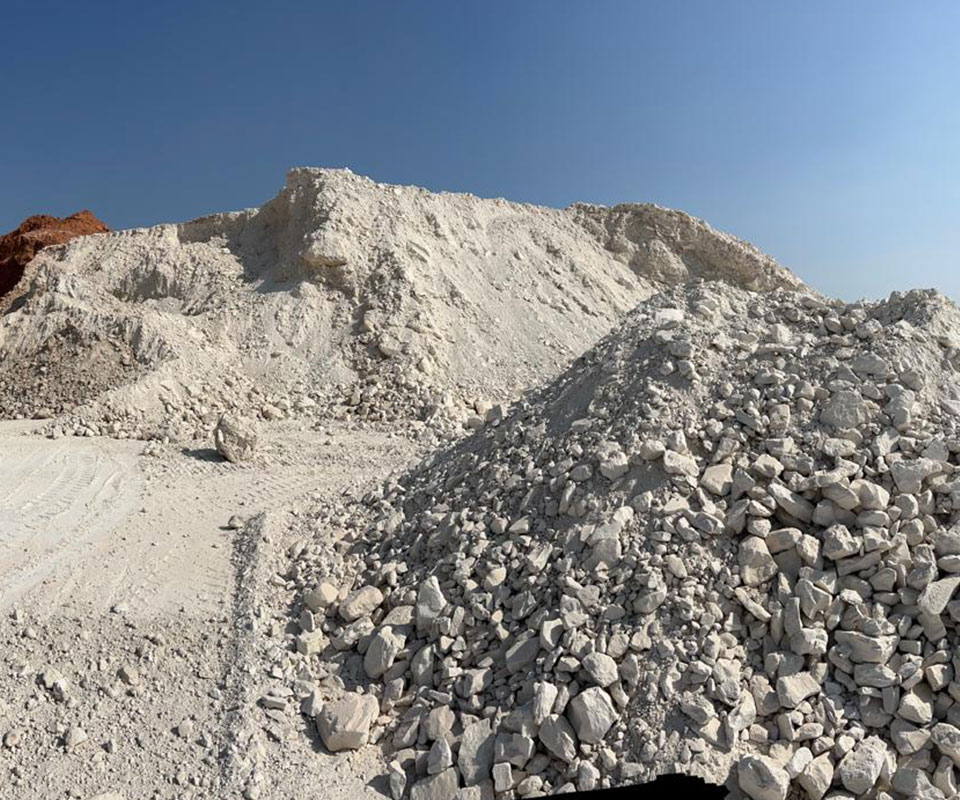
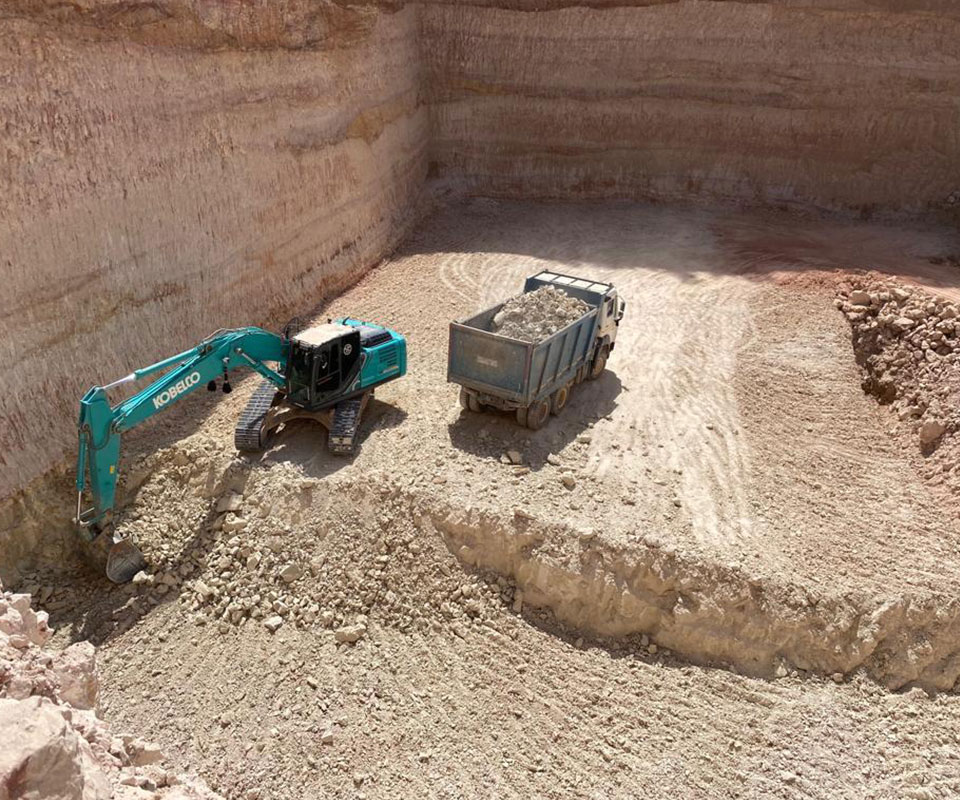
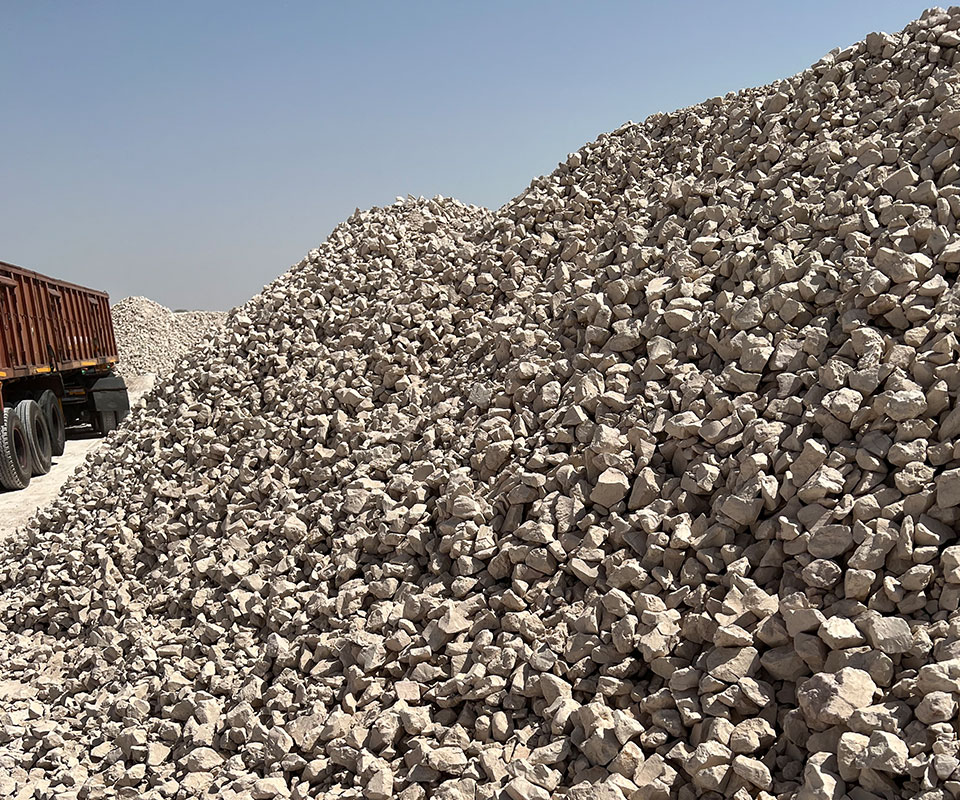
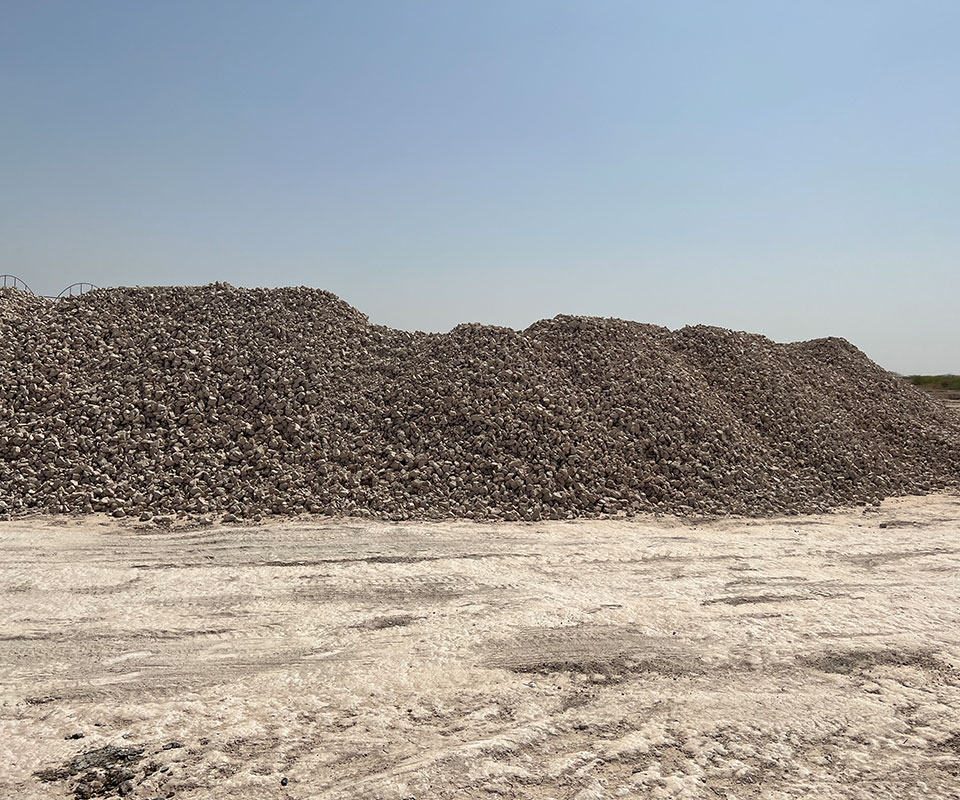
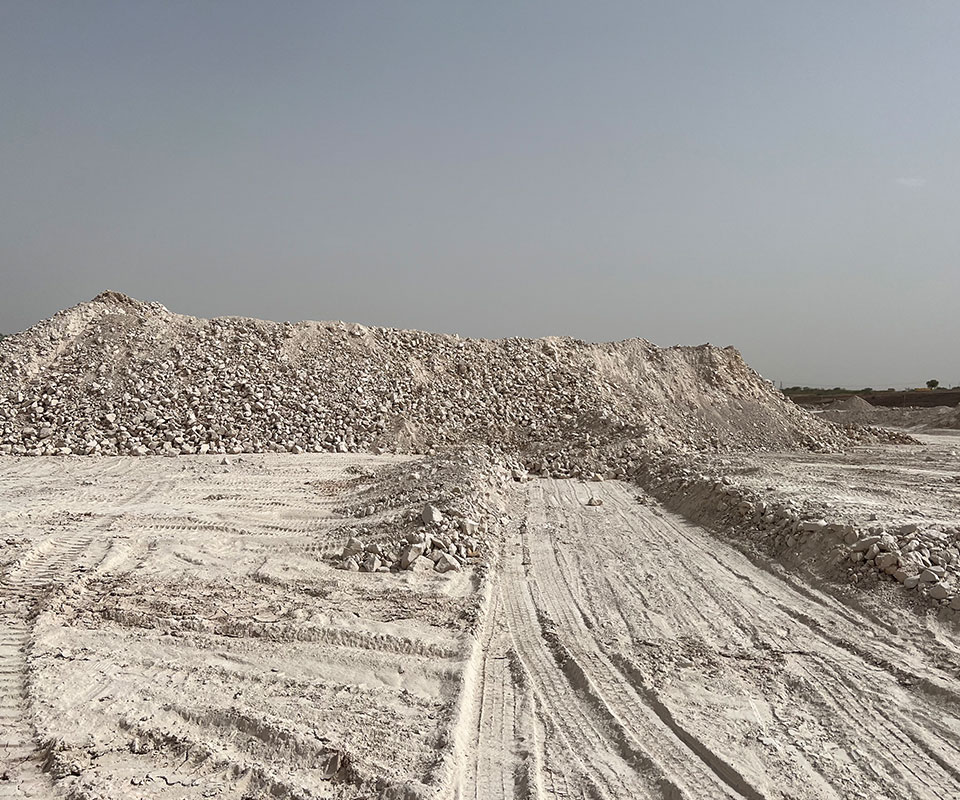












Ceramic clay, particularly Ball Clay, serves as the backbone of the ceramic industry, playing a crucial role in the creation of various products. Its plasticity and binding properties make it ideal for shaping into intricate designs and forms. From elegant ceramic tiles adorning homes to functional sanitary ware enhancing our daily lives, Ball Clay is a versatile material that adapts to diverse manufacturing requirements.
One important aspect is the plasticity of the clay, which determines its workability and moldability. Clay with higher plasticity is easier to shape and form into intricate designs.
Another essential factor is the firing temperature required for the clay. Different types of clay have varying levels of heat resistance, affecting their suitability for specific ceramic products. Understanding the optimal firing temperatures can ensure that the final product achieves the desired strength and durability.
The composition of clay, including minerals like silica, alumina, and iron oxide, also influences its properties such as color, texture, and shrinkage during drying and firing processes. Additionally, particle size distribution affects how well the clay binds together when mixed with water.
Yes Group Of Minerals have a wide range and many different grades of Ball Clay.
Industries: Tiles, Sanitary Ware, TableWare, Insulator, Refractories, Paint Industries, Paper Industries, Glass Industries etc.
High plasticity
Excellent workability
High unfired strength
Rheological stability
Controlled residue